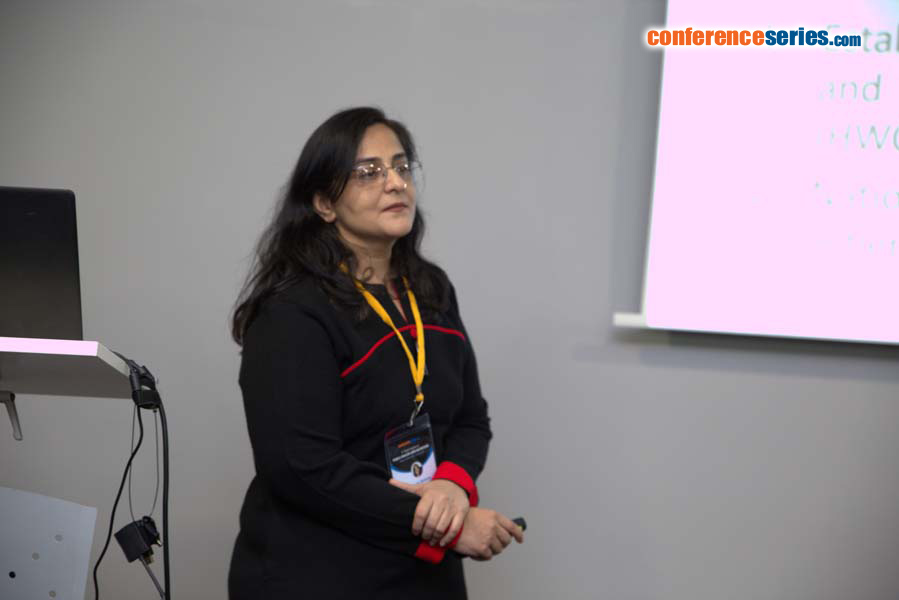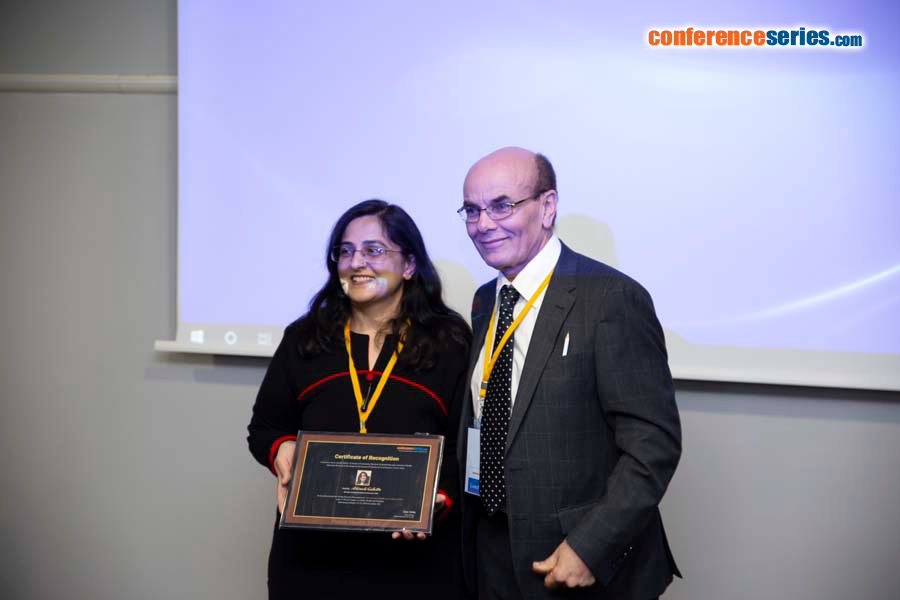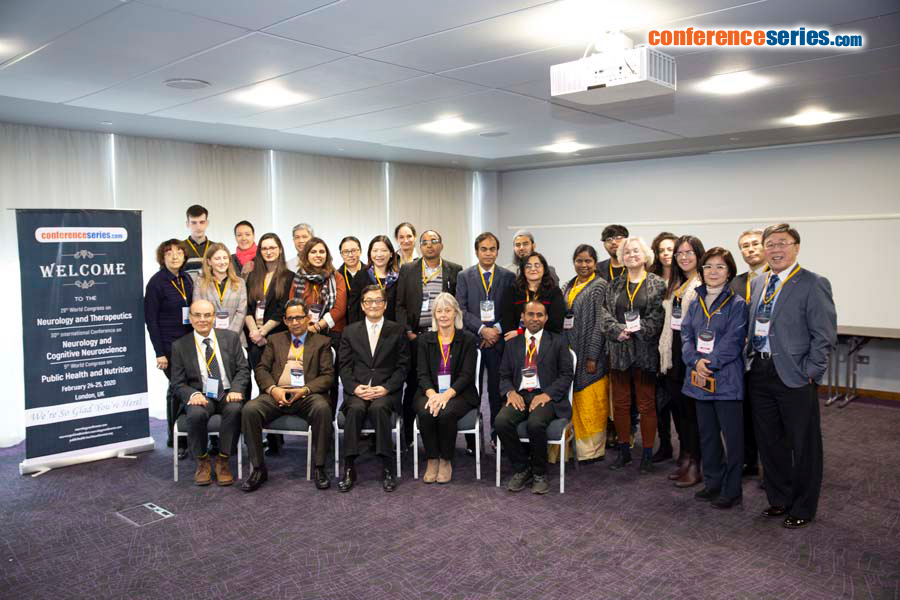Abhiruchi Galhotra
All India Institute of Medical Sciences, India
Title: A cross sectional study of utilization of sanitary facilities by adolescent girls in an urban slum of Raipur City, Chhattisgarh, India
Biography
Biography: Abhiruchi Galhotra
Abstract
Background: Universal access to adequate sanitation is a fundamental human right article 21 of Indian constitution. Hygienic sanitation facilities are crucial for public health. The world continues to urbanize and the cities increasingly bear the burden of poor sanitation with an estimated 57% and 16% of urban dwellers lack access to toilets and basic sanitation services respectively. Almost 100 million urban residents practice open defecation in the midst of challenges of providing many millions of rural households with adequate sanitation. The issue of toilets is more serious in urban areas because in urban areas, spaces are cramped and open space is deficient.
Objectives: Our objectives of the study to assess the availability and accessibility of various types of sanitary facilities to adolescent girls.
Material and Methods: Community-based cross-sectional study. Complete enumeration of adolescent females (10-19 years) living in the selected division was done and a list of the same was prepared (107). Written informed consent was obtained from all the study participants.
Results: Out of a 107 adolescent girls enumerated, 98 consented for the study. Mean age of adolescent girls in the present study was 15.44 ±2.2 years and a majority of them were in high school. Only 38.7% (n=38) of study subjects had access to an independent household/private toilet facility, 9.2% (n=9) were practicing open defecation and remaining 52% (n=51) were using public/community pooled toilets.
Conclusions: Common problems faced by public/pooled toilet users were lack of privacy in 56.9% (n=29) and about males gathering around the toilets that were there in 66% (n=34) of the public toilet users.




